Historical galop
Glancing at reviews of Edward Rutherfurd's Paris, you soon realise that reviewers either seem to rather like it and want to read more of the same, or they absolutely hate it - just look at the vitriolic review from The Telegraph damning the novel as "history for people who can't be bothered to read it". A truly patronising comment.
It is true that as far as the fiction element of the novel is concerned, it's not the best you're ever going to read.
Rutherfurd tells the story of Paris through the lives of families who live there through most of the city's great historical moments from the building of Notre Dame to St. Batholomew's Eve, life at the court of the Sun King and the French Revolution, the Belle Epoque and the resistance of the Second World War, meeting murderers, artists, courtesans and patriots en route. The families are representative of every strata of society and weave in and out of each other's lives before finally meeting together towards the end of the book in 1968.
Covering 800 years in nearly as many pages, and leaping backwards and forwards both in time and between families; it's inevitable that there's not going to be a high level of characterisation - it would take as many volumes as Proust to get anywhere near that. The dialogue isn't always that brilliant, and it's not going to take a big fan of fiction to work out in which direction many of the plotlines are heading. Rutherfurd is also constantly derailed by his enthusiasm for history. You may not remember much about the characters or the story when you finish reading this volume, but you will know how the Eiffel Tower was constructed, and why M Eiffel should be proud of its safety record, you will know some of the history of Montmartre, and the darker side of Louis XIV. For any history fan, never mind the fiction, it makes fascinating reading; and certainly made me want to read more about specific areas of French history.
As for the patronising comment - I think it's all very well telling children (as teachers told me when I was a child) that you shouldn't read Enid Blyton - if Enid Blyton or comics get kids reading that's the important thing. I think this is true too of any interest. My first two "proper" jobs - at Cambridge University no less - came about because I loved history, and although I didn't have a qualification in it (my background was music) I could happily yak away (reasonably accurately) about European history. And where did this love come from? A grandfather and parents who also liked history and who took me round cathedrals and castles when I was a small child, but even before that what really got me into history, what made me want to go and look at cathedrals and castles and learn more, was watching Errol Flynn as Robin Hood and, especially, in The Sea-Hawk. Sea-Hawk was what really got me into history. It might not have been the approved start, but I've loved it ever since.
And that's why I would like to read more of Edward Rutherfurd's books. They're a great easy-to-read, overarching introduction to the history of some of the world's most influential cities. And besides that Paris is a thumping good read.
It is true that as far as the fiction element of the novel is concerned, it's not the best you're ever going to read.
Rutherfurd tells the story of Paris through the lives of families who live there through most of the city's great historical moments from the building of Notre Dame to St. Batholomew's Eve, life at the court of the Sun King and the French Revolution, the Belle Epoque and the resistance of the Second World War, meeting murderers, artists, courtesans and patriots en route. The families are representative of every strata of society and weave in and out of each other's lives before finally meeting together towards the end of the book in 1968.
Covering 800 years in nearly as many pages, and leaping backwards and forwards both in time and between families; it's inevitable that there's not going to be a high level of characterisation - it would take as many volumes as Proust to get anywhere near that. The dialogue isn't always that brilliant, and it's not going to take a big fan of fiction to work out in which direction many of the plotlines are heading. Rutherfurd is also constantly derailed by his enthusiasm for history. You may not remember much about the characters or the story when you finish reading this volume, but you will know how the Eiffel Tower was constructed, and why M Eiffel should be proud of its safety record, you will know some of the history of Montmartre, and the darker side of Louis XIV. For any history fan, never mind the fiction, it makes fascinating reading; and certainly made me want to read more about specific areas of French history.
As for the patronising comment - I think it's all very well telling children (as teachers told me when I was a child) that you shouldn't read Enid Blyton - if Enid Blyton or comics get kids reading that's the important thing. I think this is true too of any interest. My first two "proper" jobs - at Cambridge University no less - came about because I loved history, and although I didn't have a qualification in it (my background was music) I could happily yak away (reasonably accurately) about European history. And where did this love come from? A grandfather and parents who also liked history and who took me round cathedrals and castles when I was a small child, but even before that what really got me into history, what made me want to go and look at cathedrals and castles and learn more, was watching Errol Flynn as Robin Hood and, especially, in The Sea-Hawk. Sea-Hawk was what really got me into history. It might not have been the approved start, but I've loved it ever since.
And that's why I would like to read more of Edward Rutherfurd's books. They're a great easy-to-read, overarching introduction to the history of some of the world's most influential cities. And besides that Paris is a thumping good read.

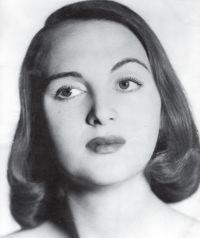
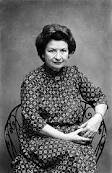
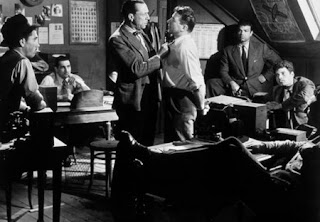
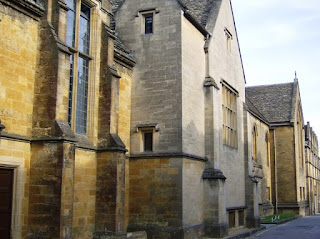

.jpeg)

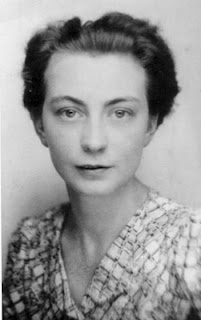
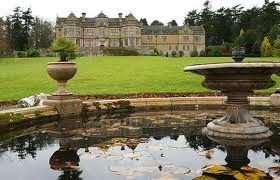
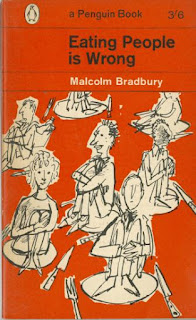
Comments